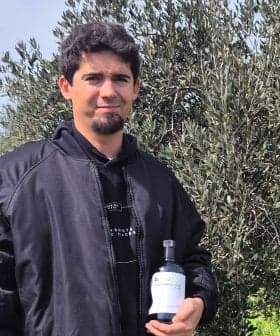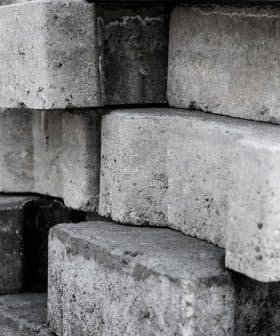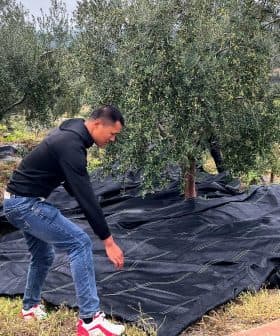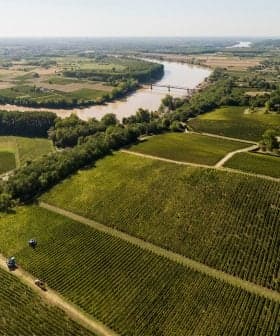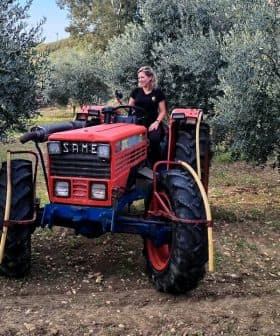New Phase for Greek Olive Mills
The financial crisis in Greece is causing issues for olive oil mills, and a new environmental law is set to worsen the situation for the majority of mills still using the “three-phase” production system. The legislation imposes strict limits on the organic load of liquid waste, forcing mills to either invest in expensive technology or find alternative, costly solutions for waste disposal.

Olive oil mills in Greece are suffering during the current financial crisis and the permanent pathogenic problems of the industry in the country.
A new environmental law as of April 2012, will make things worse, at least for the 2,300 olive mills — more than half the mills in Greece — still using the “three-phase” production system.
While the majority of the oil mills are for now relieved from the obligation to acquire special environmental permissions, the legislation imposes some unreachable limits for the “organic load” of the liquid residue of these three-phase production systems.
The most common index of the organic load is BOD (Biochemical Oxygen Demand) which is the amount of oxygen needed in a biochemical process to neutralize the organic materials. The bigger the BOD value, the larger the quantities of nitrogen and phosphorus contained in the liquid waste.
Now, the BOD is required to be thousands of times less than before, which is practically impossible to achieve with the current procedure of reducing the organic load using lime. The technology that can yield such low organic loads does exist but its high cost automatically puts off anyone interested.
So, three-phase mills cannot pipe their liquid waste to any kind of water formation, let it be a river, a stream, a pond, or the sea itself. The only alternative is to lay the waste in custom-made reservoirs and evaporate or purify it enough to be used for irrigation.
Both these solutions have serious disadvantages, with high costs and doubtful outcomes being the most prominent ones, not to mention producers have to obtain permits from the water department after convincing them that the reservoir is impermeable and that the water is safe for irrigation.
All in all, three-phase mills are in a difficult position, but is it preferable to turn to the two-phase production method or not?
An average oil mill in Greece is capable of processing 50 tons of olive drupes per day to produce about 10 tons of olive oil. The following table illustrates some useful figures:
Oil mill owners have been reluctant to switch to the newer systems, preferring to stick with the seemingly higher income they get when selling the three-phase pomace (€37,500 compared to €28,800 for the pulp), while the data shows that the two-phase operation mode is indeed more profitable.
And while it’s true that the two-phase pulp contains a lot of water, and processing it at the refineries requires large amounts of energy that could put under question the advantage of energy balance of the two-phase mills, this is not something that would concern the mill owners.
The new season starting in October will be crucial; the politicians and the state bureaucrats will choose how much pressure to put on the oil mills, and the mill owners will choose whether they can play along or not.



